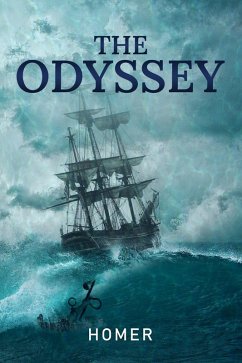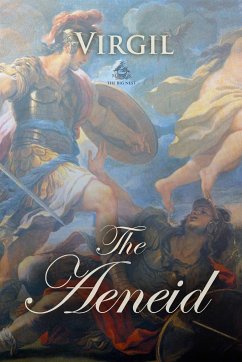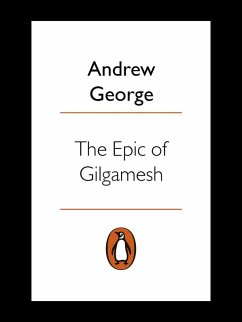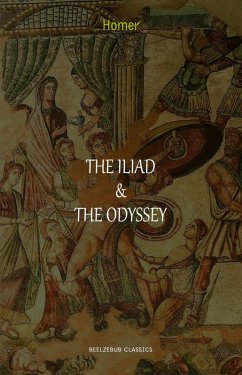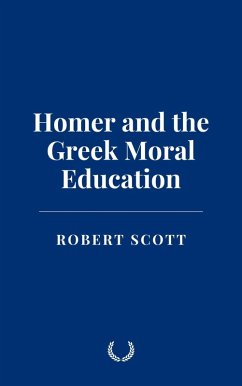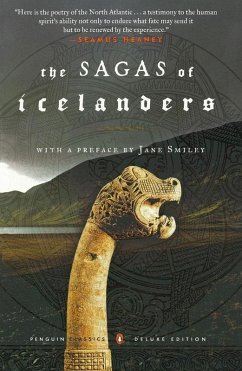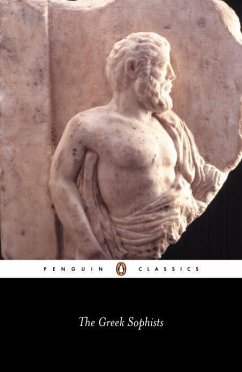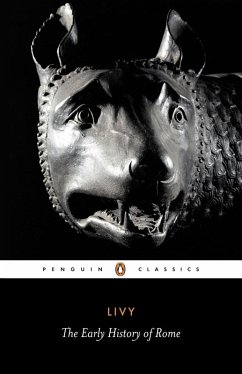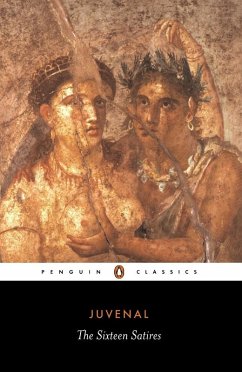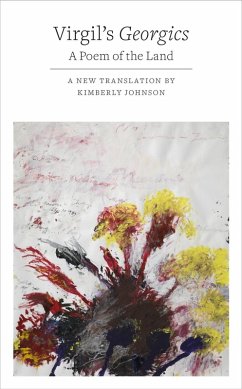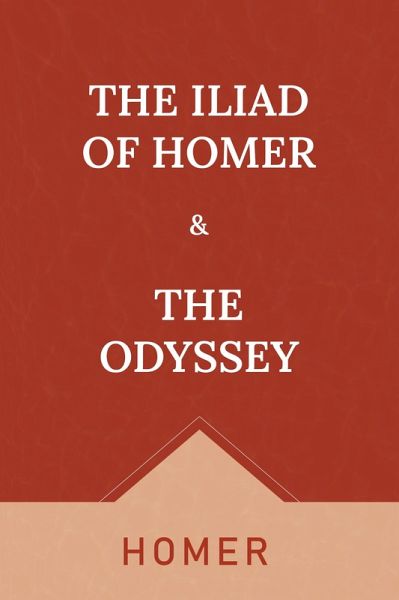
HOMER: The Iliad & the Odyssey (eBook, ePUB)
Versandkostenfrei!
Sofort per Download lieferbar
0,99 €
inkl. MwSt.
Weitere Ausgaben:

PAYBACK Punkte
0 °P sammeln!
Nearly three thousand years after they were composed, The Iliad and The Odyssey remain two of the most celebrated and widely read stories ever told, yet next to nothing is known about their author. He was certainly an accomplished Greek bard, and he probably lived in the late eighth and early seventh centuries BCE Authorship is traditionally ascribed to a blind poet named Homer, and it is under this name that the works are still published. Greeks of the third and second centuries BCE, however, already questioned whether Homer existed and whether the two epics were even written by a single indi...
Nearly three thousand years after they were composed, The Iliad and The Odyssey remain two of the most celebrated and widely read stories ever told, yet next to nothing is known about their author. He was certainly an accomplished Greek bard, and he probably lived in the late eighth and early seventh centuries BCE Authorship is traditionally ascribed to a blind poet named Homer, and it is under this name that the works are still published. Greeks of the third and second centuries BCE, however, already questioned whether Homer existed and whether the two epics were even written by a single individual. Most modern scholars believe that even if a single person wrote the epics, his work owed a tremendous debt to a long tradition of unwritten, oral poetry. Stories of a glorious expedition to the East and of its leaders' fateful journeys home had been circulating in Greece for hundreds of years before The Iliad and The Odyssey were composed. Casual storytellers and semiprofessional minstrels passed these stories down through generations, with each artist developing and polishing the story as he told it. According to this theory, one poet, multiple poets working in collaboration, or perhaps even a series of poets handing down their work in succession finally turned these stories into written works, again with each adding his own touch and expanding or contracting certain episodes in the overall narrative to fit his taste.
Dieser Download kann aus rechtlichen Gründen nur mit Rechnungsadresse in A, B, BG, CY, CZ, D, DK, EW, E, FIN, F, GR, HR, H, IRL, I, LT, L, LR, M, NL, PL, P, R, S, SLO, SK ausgeliefert werden.




